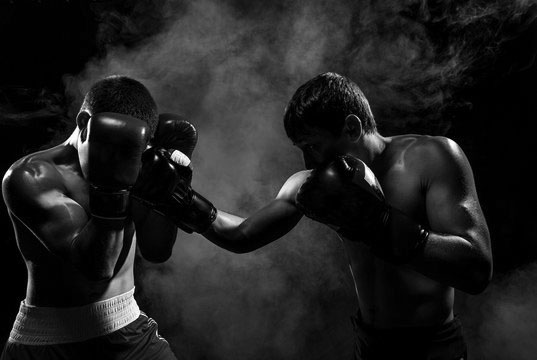In my basic communication course, COMM 1130, we began to learn about the concept of bias. Although we are all familiar with it, you may not realize how problematic it can be until you see it in action.
We were asked to watch a video on something called implicit bias. The video included examples of implicit bias from people that experienced it. The video goes into depth about how bias impacts others. We were then asked to share our own experience with implicit bias and how severe we think it is in comparison to explicit bias. We were also asked to comment on an example of bias shown in our textbook to help us understand how common it can be.
It is no surprise to me that implicit bias is common. As a woman and a person of color, I have experienced many of the implicit biases that were shown in the video.
Specifically, when I am at the grocery store where I work, I am often greeted with “Hola!” or “Buenos dias” from white customers. I am sure they mean no harm, but it is a situation that occurs often.
Because of my brown skin and curly hair, people believe I am Hispanic and immediately associate me with what they think is a Hispanic. This includes, for many, a fluency in Spanish because they assume it is my first language and therefore the one with which I am most comfortable. In reality, Spanish is not a language in which I am fluent. I grew up in a home where English was the primary language with hints of Spanish. I am not 100% confident speaking Spanish.
I also often hear comments such as “You’re so exotic!” or “You speak very well!” which are fairly obvious examples of people pushing their stereotypes onto me. Again, they assume my first language is Spanish and unknowingly find themselves reflecting their belief that if you are Hispanic, then you can’t possibly be expected to speak well. Being called exotic is also harmful because it made me feel different in a bad way. Many people see this as a compliment, but it is just degrading.
I have also experienced implicit bias toward my gender, and often the people who target me are men. When I carry a heavy object at work, I will often have a man come to my “rescue,” as they say, and offer to lift the object for me. A phrase that I am all too familiar with is “I wouldn’t want a pretty little thing like you to hurt yourself” which is not only offensive to my strength but also a harmful stereotype that women are weaker.
I assume that in their minds, these men believe they are helping rather than belittling me.
I find myself wanting to react, but I never really do. The one time I tried to insist I was okay, the man rudely shoved the object back into my hand and insisted that it was “my loss.” After that, I decided to accept the help to avoid further problems.
While implicit bias is a serious issue, I believe it is not as bad as explicit bias. Explicit bias consists of blatantly expressing stereotypes about others while being aware of your bias.
Racism is a prime example of this. For example, a white person can know that racism is wrong and still choose to be racist because of their internal beliefs and stereotypes about other races. This likely originates from prejudice at a young age, which is using “stereotypes to make overly broad, uninformed, and inaccurate judgments about groups and their members,” according to my textbook, “Choices and Communications: An Introduction to Communications.”
Explicit bias hurts more than someone unknowingly being rude.
My textbook gives an example of a group of students who are being stereotyped by the group leader, Andrew. He gives people assignments based strictly on their majors and assumes that one of the students, Pimchan, an older woman in the group, is not tech savvy or on social media. This can be considered ageism. He is assuming that because of Pimchan’s age, she is not good with computers. You could also claim that he is being sexist because though the numbers are changing, the technology industry tends to attract more men than women. Andrew is likely not aware of his prejudice toward Pimchaan and the others in the group.
While I have definitely stereotyped people before, I am more often the person being stereotyped, and I can identify with others being stereotyped in the group. In a better world, Andrew would have had an open discussion with the group about their assignments. While they discussed what tasks should be assigned based on their ability, Andrew assumed everyone’s ability would correlate with their major. They should have discussed each person’s abilities. This could, in turn, help Andrew have a more open mind. We would all benefit from more open minds as it can help not just ourselves, but other people, too.



